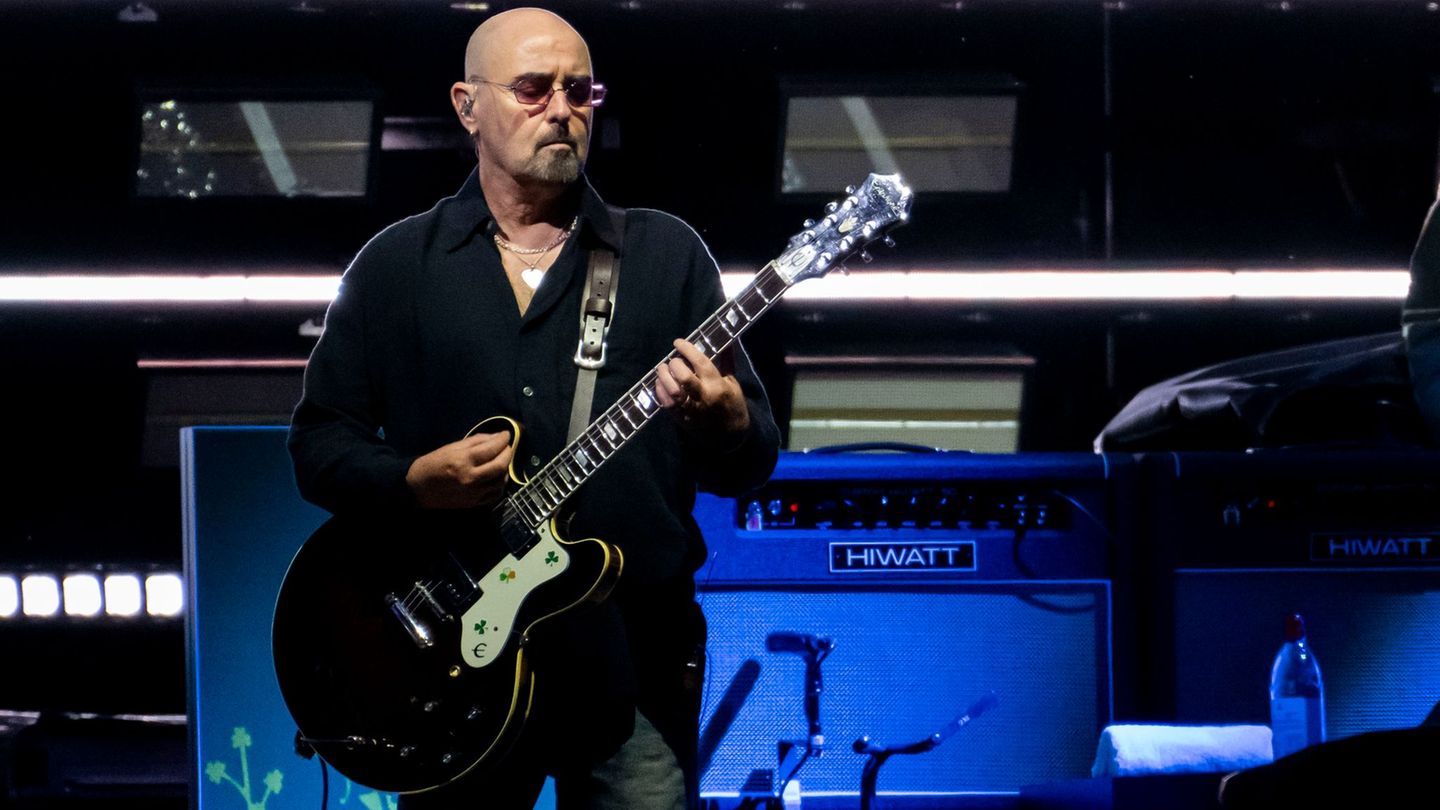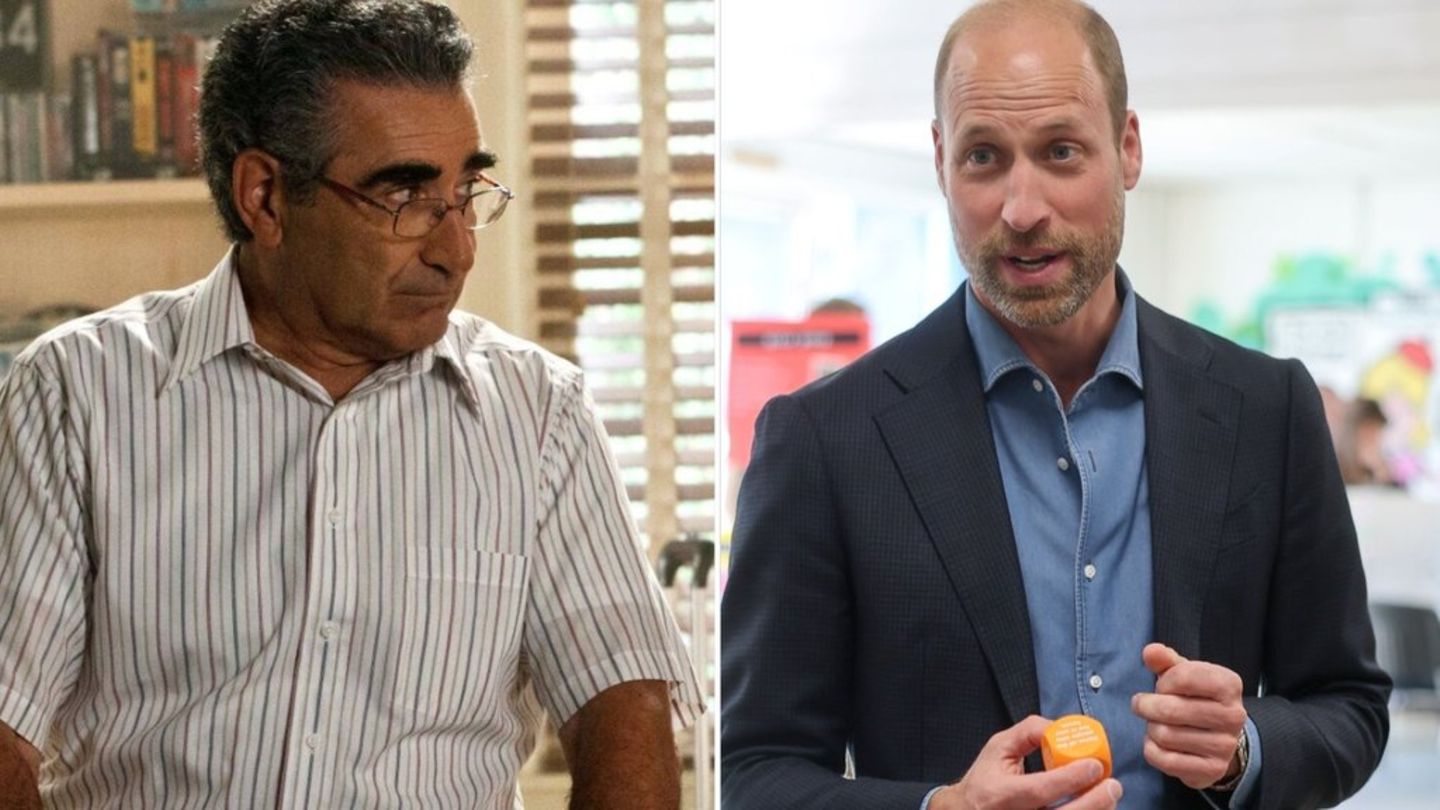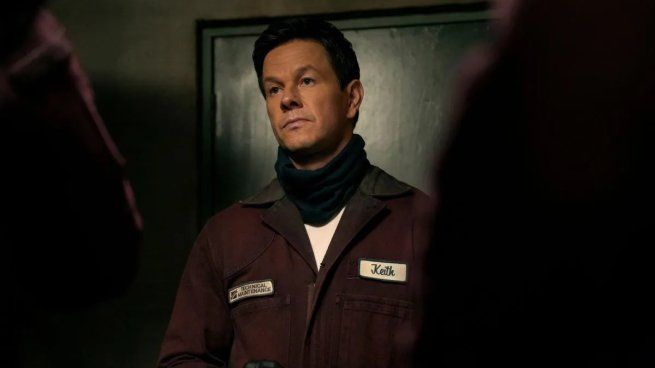In it, all parties have committed to investing more in Austria’s national defence. In addition, Austria declares its willingness to agree to a SWIFT exclusion of Russia if there is an agreement on this at EU level. In a third motion, the war was condemned, Chancellor Karl Nehammer (ÖVP) reported after Friday afternoon’s meeting. The statement in full:
This video is disabled
Please activate the categories Performance Cookies and Functional cookies in your cookie settings to view this item. My cookie settings
The National Security Council is an advisory body and cannot decide anything per se, but Nehammer, as head of government, acknowledged the motions coordinated there. One of these motions calls on the federal government to take national defense seriously and invest more in the army. Another unanimously approved motion condemns the Russian invasion of Ukraine.
- All current developments in the Ukraine crisis in the live blog
“SWIFT ban not the decisive sanction”
With the third application, which was rejected by the FPÖ, Austria commits to agreeing to Russia’s exclusion from the international payment service SWIFT if there is an agreement at EU level. Chancellor Nehammer was convinced that the SWIFT ban was not the decisive sanction. What has been decided so far will cause massive damage to Russia.
The EU is also taking action against Russian oligarchs and diplomats. The oligarchs’ assets will be frozen and they will be expelled from European countries. French President Emmanuel Macron has reported that many well-known Russian oligarchs live around the Élysée Palace and will soon stop doing so.
Nehammer could not yet say whether and how many Russians in Austria could be affected. But there is a European list of names. Furthermore, there will be no more diplomatic passports and service passports, but a visa requirement. With these measures, the EU hopes to bring about a rethink in those around President Vladimir Putin. The conflict can also be solved differently. “There are many reasonable people in Russia,” said Nehammer.
“Putin made a huge blunder.” He believed that the EU would get lost in endless discussions, but the EU Council did the exact opposite and had the highest level of unity. “Yesterday’s session was fueled by empathy and awareness of European history,” said the Chancellor.
Regarding the “symmetrical and asymmetrical retaliatory strikes” against the West announced by Russia, Nehammer indicated that on the one hand these could be imports from Russia that are “absolutely manageable”. The asymmetrical strikes could be cyber attacks, cyber espionage and industrial espionage. The Austrian services are prepared for this, he assured.
“The fact is: there is war”
The events of the last 48 hours have led to a dramatic change in the situation, said the Chancellor. “The fact is: war is raging. Nobody thought it possible that in the 21st century one country would attack another and want to establish a satellite government.” In order to protect people in Austria and the European Union in the best possible way, unity within the EU is absolutely necessary, Nehammer emphasized again.
But he also emphasizes that it is still important to maintain the willingness to talk to Russia: “We stretched out a hand for dialogue. However, we have a conversation partner who carries weapons in both hands. There is no hand free for a Conversation”. Together with other heads of state, he wants to face Russia with one body and with determination. Not militarily, but economically. It is the most massive package of measures in the history of the EU. “This package will also be painful for us, but that is nothing compared to the pain that the people of Ukraine are suffering,” said the Chancellor.
“One must defend neutrality”
Nehammer also emphasized Austrian neutrality. “We are militarily neutral, but not in our values or international law. And this neutrality must also be defended.” Last night he spoke to Ukrainian President Volodymyr Zelenskyy. The conversation was “worn by determination, but also by concern”.
The Greens’ foreign policy spokeswoman, Ewa Ernst-Dziedzic – who introduced the motion to condemn the military aggression – said she was satisfied with the result of the Security Council. With the approval of the two opposition motions, the Security Council took a “clear position” and showed “that we in Austria pull together in crisis situations”.
This was at least largely true – because the FPÖ did not agree to the SWIFT application. The NEOS had submitted the recommendation to the government to now work for the exclusion of Russia from the international payment service SWIFT. In a broadcast, their foreign policy spokesman Helmut Brandstätter welcomed the fact that the federal government has now “switched to the NEOS line”. The SWIFT exclusion would be a noticeable sanction – and Europe would show solidarity “to a country that, based on its sovereignty, has decided to move closer to the EU and its value system such as freedom, democracy, a market economy and freedom of expression”.
A billion for the army
The opposition had tabled the motion to strengthen national defense as a whole. The existing deficit of the federal army must be eliminated so that it can guarantee comprehensive national defence, the SPÖ, FPÖ and NEOS demanded, with reference to the Ukraine conflict, but also the corona pandemic – and the representatives of the governing parties ÖVP and Greens agreed with them.
“Our army is in a bad state after decades of cutbacks by ÖVP ministers, which is why I submitted an application for a special investment package of one billion euros this year at yesterday’s National Council meeting. In addition, the annual standard budget for military Matters will be increased by one billion euros from 2023 in order to restore the Austrian Armed Forces to a constitutional state,” explained FPÖ military spokesman Reinhard Bösch in a broadcast, explaining what he specifically expects.
Source: Nachrichten




